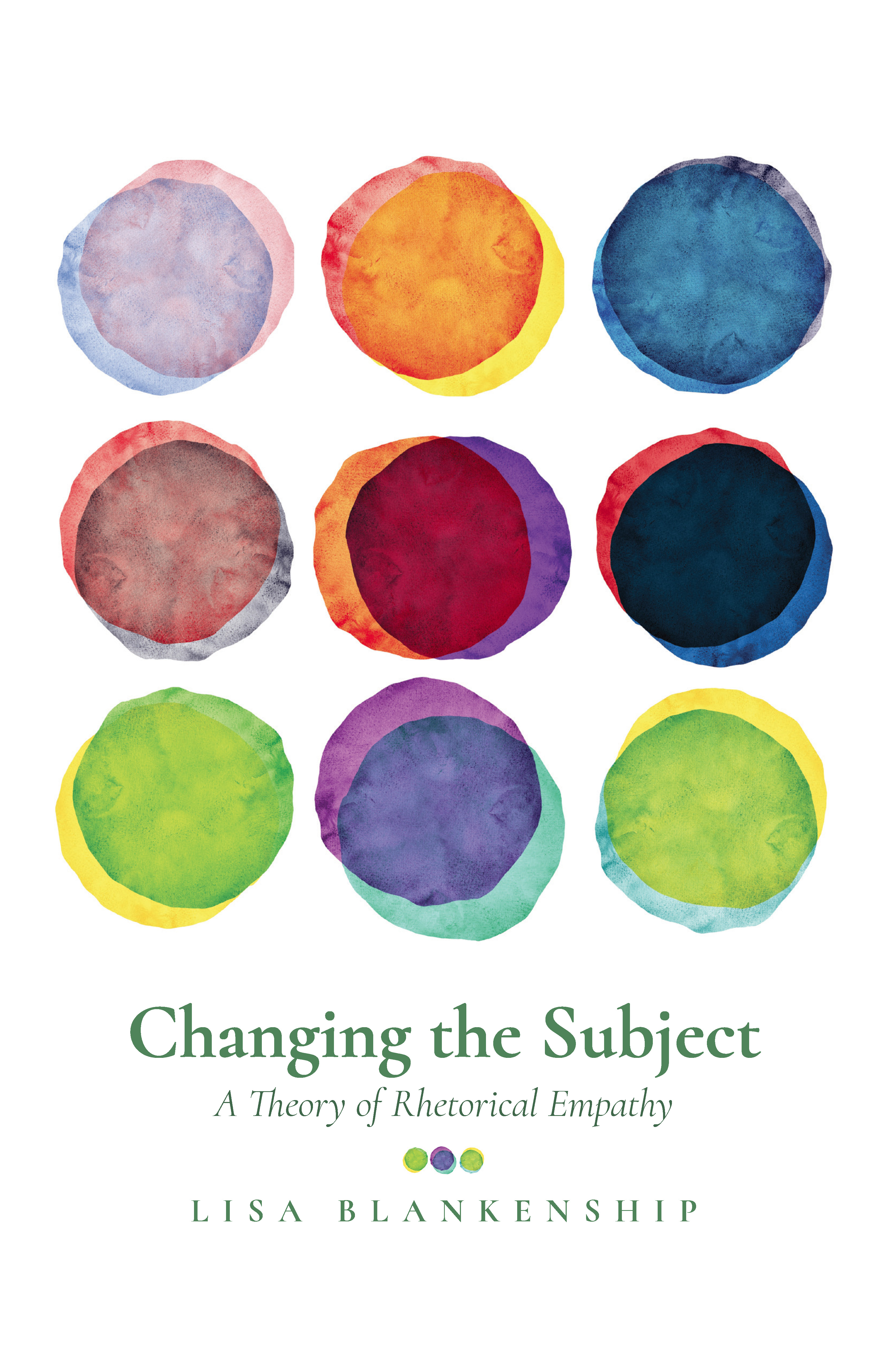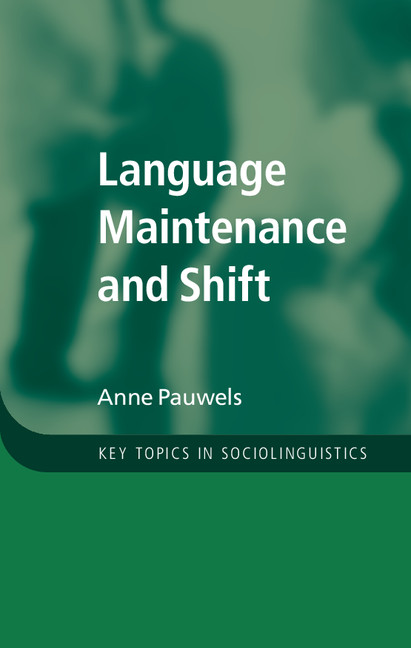Changing the Subject
by Lisa Blankenship
2020-04-17 14:58:20
Changing the Subject explores ways of engaging across difference. In this first book-length study of the concept of empathy from a rhetorical perspective, Lisa Blankenship frames the classical concept of pathos in new ways and makes a case for rhetor...
Read more
Changing the Subject explores ways of engaging across difference. In this first book-length study of the concept of empathy from a rhetorical perspective, Lisa Blankenship frames the classical concept of pathos in new ways and makes a case for rhetorical empathy as a means of ethical rhetorical engagement. The book considers how empathy can be a deliberate, conscious choice to try to understand others through deep listening and how language and other symbol systems play a role in this process that is both cognitive and affective. Departing from agonistic win-or-lose rhetoric in the classical Greek tradition that has so strongly influenced Western thinking, Blankenship proposes that we ourselves are changed (âchanging the subjectâ or the self) when we focus on trying to understand rather than simply changing an Other. This work is informed by her experiences growing up in the conservative South and now working as a professor in New York City, as well as the stories and examples of three people working across profound social, political, class, and gender differences: Jane Addamsâs activist work on behalf of immigrants and domestic workers in Gilded Age Chicago; the social media advocacy of Brazilian rap star and former maid Joyce Fernandes for domestic worker labor reform; and the online activist work of Justin Lee, a queer Christian who advocates for greater understanding and inclusion of LGBTQ+ people in conservative Christian churches. A much-needed book in the current political climate, Changing the Subject charts new theoretical ground and proposes ways of integrating principles of rhetorical empathy in our everyday lives to help fight the temptations of despair and disengagement. The book will appeal to students, scholars, and teachers of rhetoric and composition as well as people outside the academy in search of new ways of engaging across differences.
Less













.jpg)















